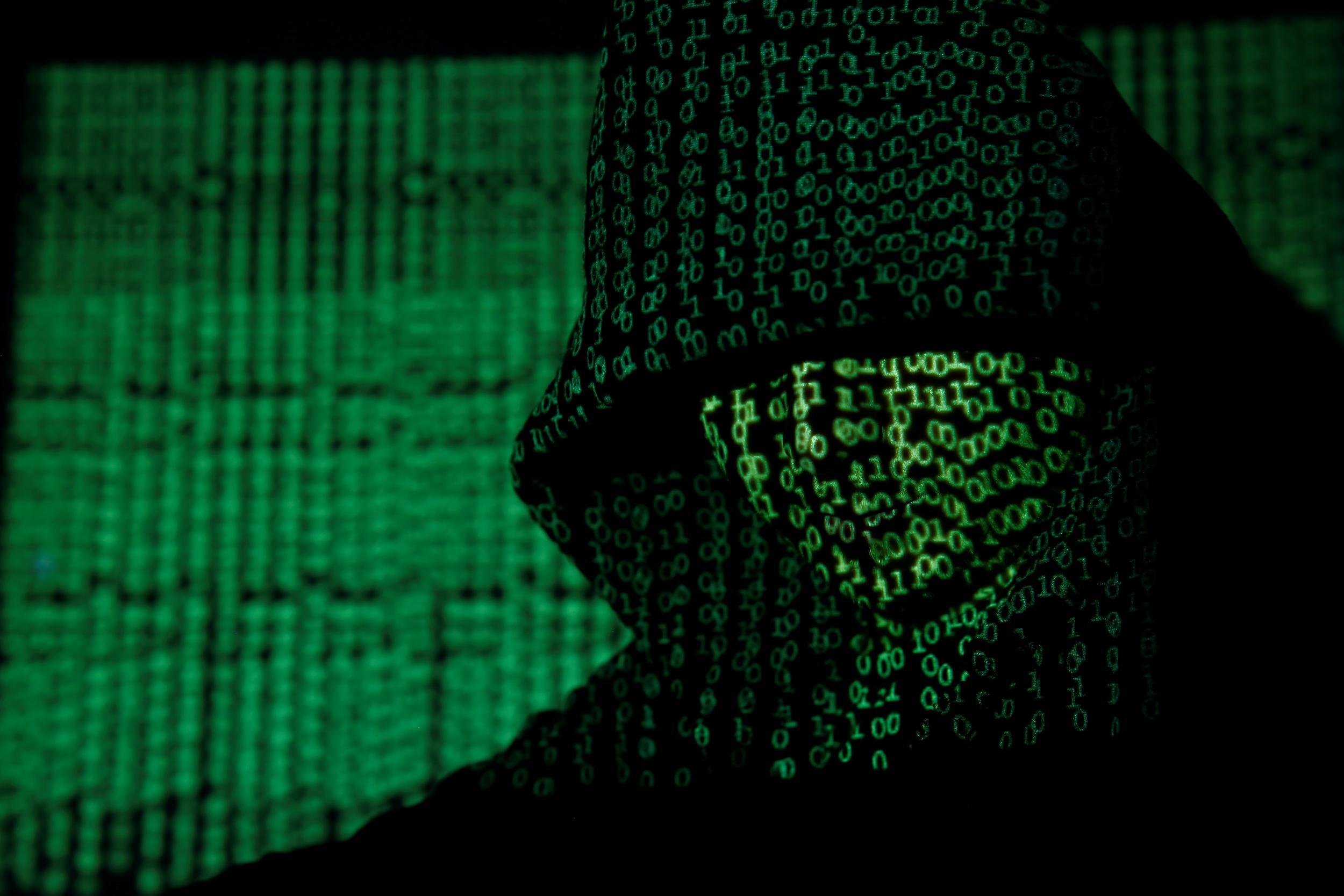LeakerLocker: New malware threatens to send users' pictures, internet history and messages to friends
The malware can be downloaded accidentally through Google Play apps

Your support helps us to tell the story
From reproductive rights to climate change to Big Tech, The Independent is on the ground when the story is developing. Whether it's investigating the financials of Elon Musk's pro-Trump PAC or producing our latest documentary, 'The A Word', which shines a light on the American women fighting for reproductive rights, we know how important it is to parse out the facts from the messaging.
At such a critical moment in US history, we need reporters on the ground. Your donation allows us to keep sending journalists to speak to both sides of the story.
The Independent is trusted by Americans across the entire political spectrum. And unlike many other quality news outlets, we choose not to lock Americans out of our reporting and analysis with paywalls. We believe quality journalism should be available to everyone, paid for by those who can afford it.
Your support makes all the difference.A new type of malware that threatens to send your private pictures, messages and internet browsing history to your friends has been discovered.
LeakerLocker can be accidentally downloaded through apps on Google Play.
It locks your phone’s home screen and claims to have made a backup of any “sensitive information” you have stored on it.
It then threatens to leak it to everyone you know, unless you pay off the criminals behind it.
According to McAfee, the world’s largest dedicated security technology company, the apps Wallpapers Blur HD and Booster & Cleaner Pro both carry the threat, which has the potential to cause extreme embarrassment.
“LeakerLocker locks the home screen and accesses private information in the background, thanks to its victims granting permissions at installation time,” said McAfee.
“Not all the private data that the malware claims to access is read or leaked. The ransomware can read a victim’s email address, random contacts, Chrome history, some text messages and calls, pick a picture from the camera, and read some device information.”
Wallpapers Blur HD has been downloaded between 5,000 and 10,000 times and has a rating of 3.6 stars (out of five), and Booster & Cleaner Pro has between 1,000 and 5,000 downloads and a 4.5-star rating.
Both apps have been reported to Google, which is investigating.
If LeakerLocker does manage to infect your phone, McAfee says you should refuse to pay the $50 ransom it demands.
“Doing so contributes to the proliferation of this malicious business, which will lead to more attacks. Also, there is no guarantee that the information will be released or used to blackmail victims again,” the company said.
Realistically, however, it’s inevitable that some people will decide to make the payment, due to sheer panic.
In this case, the malware will ask for your credit card number and, if the money goes through, display a message reading: “Your [sic] personal data has been deleted from our servers and your privacy is secured”.
If the payment isn’t successful, it will say: “No payment has been made yet. Your privacy is in danger”.
Join our commenting forum
Join thought-provoking conversations, follow other Independent readers and see their replies
Comments